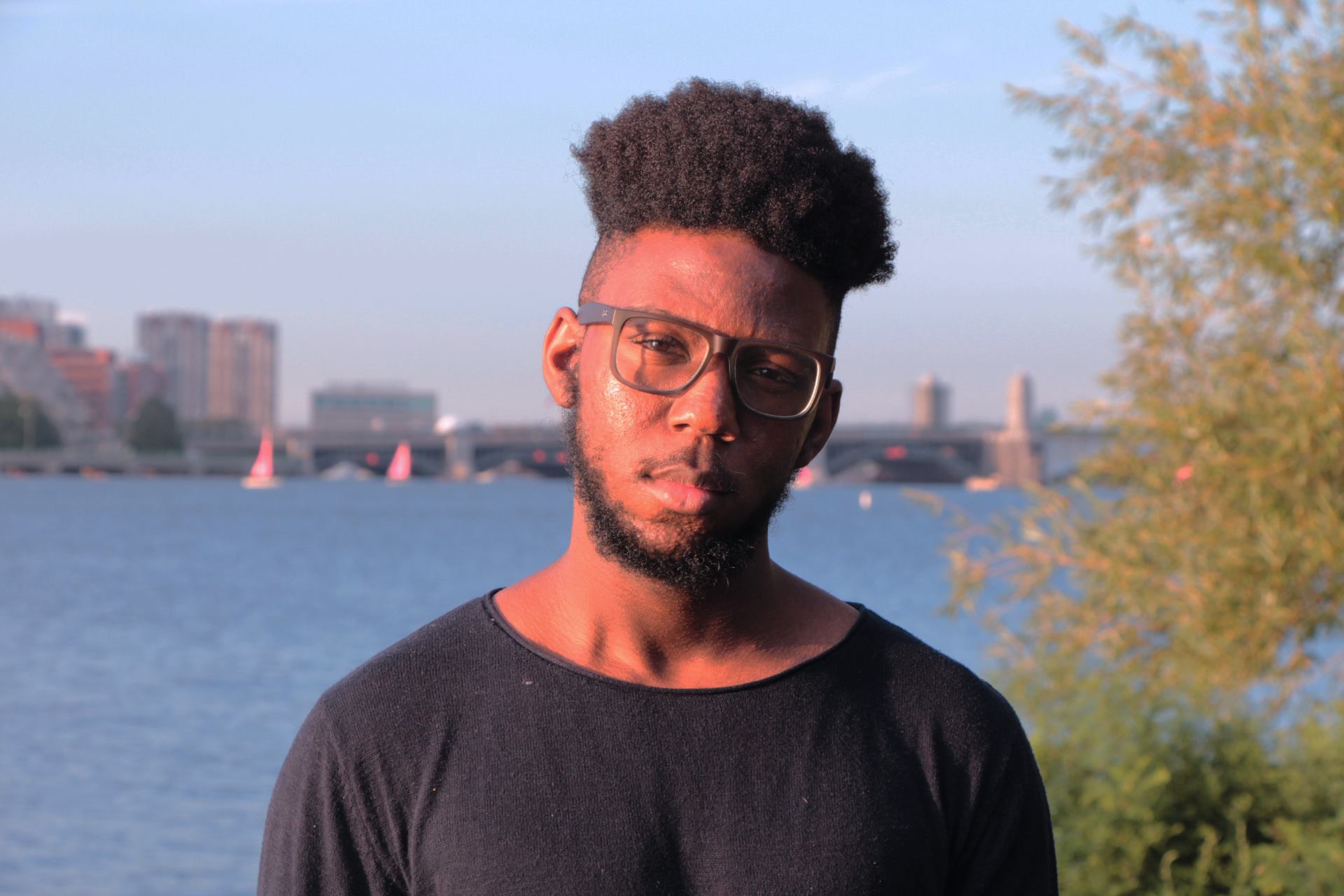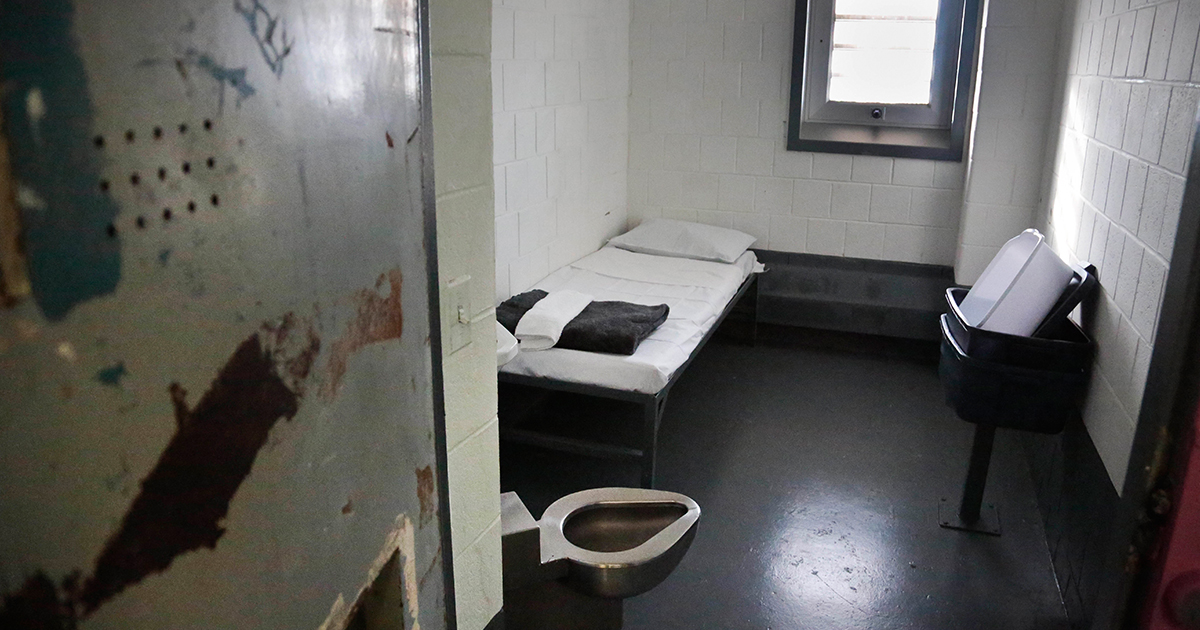What Happened After This Teen Chose to Fight for His Innocence Is Terrible

By:
Pedro Hernandez was arrested last year at the age of 17 for allegedly shooting into a crowd. A year later, and still not convicted of any crime, he remains behind bars at New York's Rikers Island—all because he cannot afford to pay his $250,000 bail and refuses to plead guilty to a crime he says he didn't commit.
Now 18, Hernandez was arrested by the NYPD in 2016 after a teenager was shot in the leg, despite at least eight eyewitnesses, including the victim, saying he was not the one who fired the shot. There are also allegations that police officers attempted to intimidate witnesses in the case, with one teenager telling NBC 4 that then-officer David Terrell “threatened to beat [him] up” if he didn’t point the finger at Hernandez.
Beyond his suspicious arrest, however, Hernandez’s case highlights the ways that the money bail system has a disproportionate impact on low- and even middle-class families, pressuring them to either plead guilty to crimes they didn’t do or face excessive time in jail as they fight the charges.
The problem is so large in scale that the non-profit Vera Institute of Justice notes on its website that 62 percent of those incarcerated in the United States are awaiting trials, the majority, experts say, only behind bars because they are not wealthy enough to pay for their freedom.
Those who insist on their innocence are effectively punished for it. As The New York Times reported in 2012, the vast majority of those accused of crimes never go to trial. Indeed, "97 percent of federal cases and 94 percent of state cases end in plea bargains." Decline a plea bargain and one will remain behind bars—and face the prospect of a longer prison term should they be convicted.
 AP/Bebeto Matthews - apimages.com
AP/Bebeto Matthews - apimages.com
As ATTN: has written reported, the U.S. bail system is an institutional absurdity that allows accused murderers to be on the lam while others remain behind bars for things as small as traffic violations, sometimes with devastating effects. Sandra Bland, a 28-year-old black woman, was left to die in police custody—after being pulled over in 2015 for an alleged traffic violation—because she could not pay her $5,000 bail.
The dire consequences of bail were exposed in the case of Kalief Browder, who was arrested in 2010 for allegedly stealing a backpack. He spent the next three years awaiting trial in Rikers Island. Browder maintained his innocence throughout his incarceration, but his inability to pay his $3,000 bail kept him behind bars, including solitary confinement.
After his release, Browder told The New Yorker:
“People tell me because I have this case against the city I’m all right. But I’m not all right. I’m messed up. I know that I might see some money from this case, but that’s not going to help me mentally. I’m mentally scarred right now. That’s how I feel. Because there are certain things that changed about me and they might not go back.”
The next year, Browder took his own life, his mother later dying of what a family lawyer termed “a broken heart.” The tragedy elicited calls for reform, including from rapper Jay-Z, who produced a six-part documentary about Browder’s life, incarceration, and the system that robbed him of his life.
While New York City has taken steps to eliminate bail for non-violent offenses, minors like Hernandez continue to face incarceration
Hernandez's family is attempting to raise money for his bail before Sept. 1 so that he can attend attend college on scholarship.
